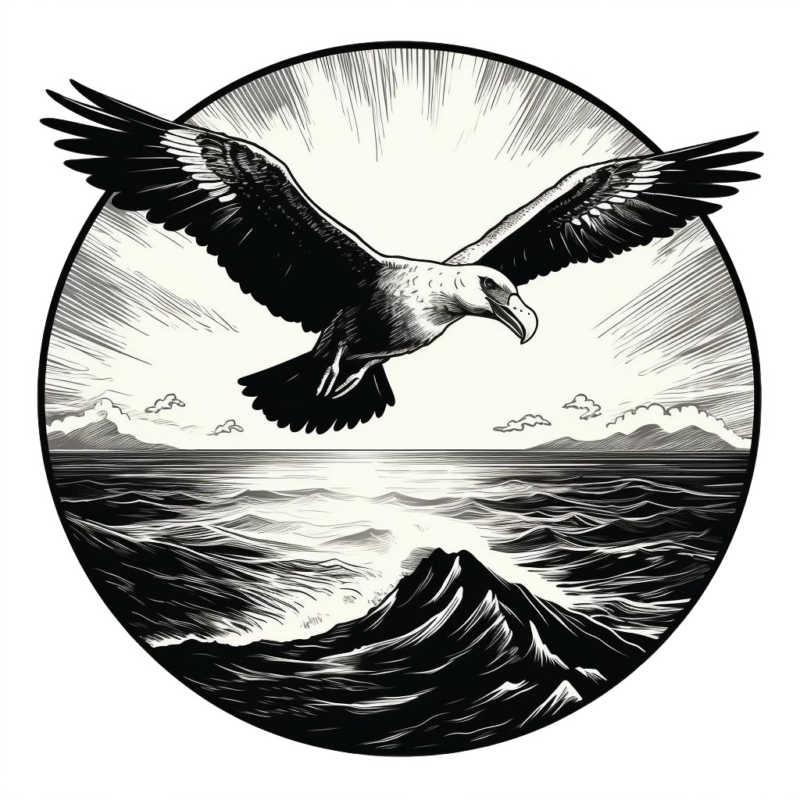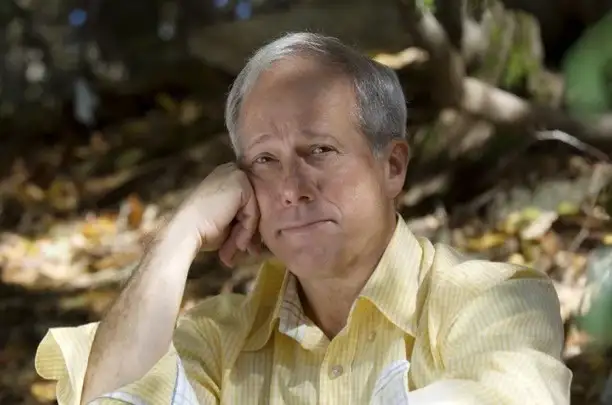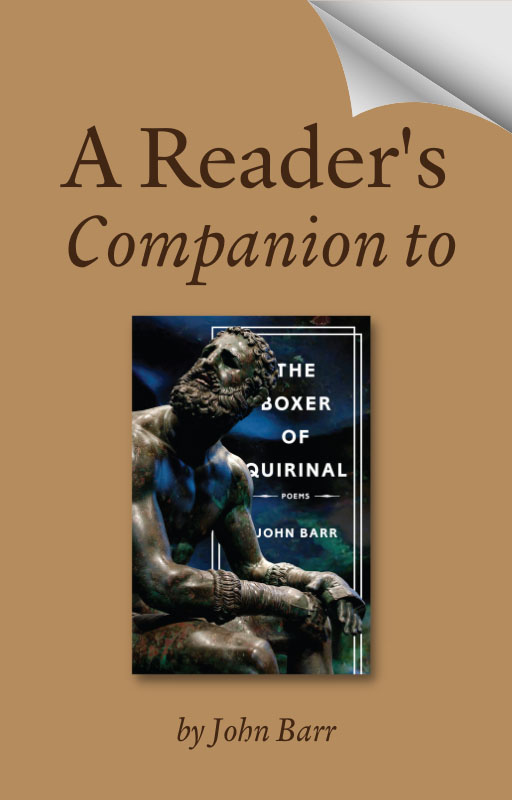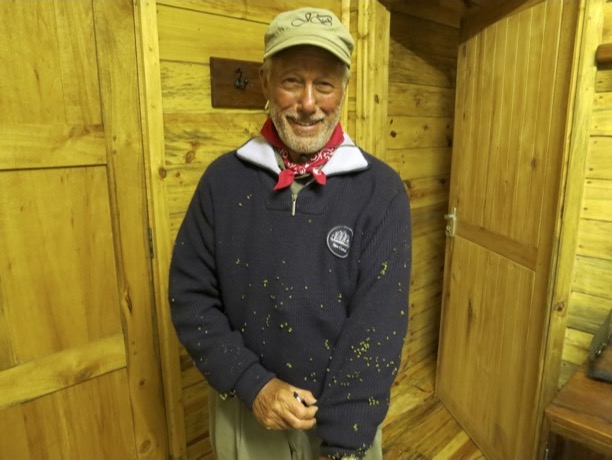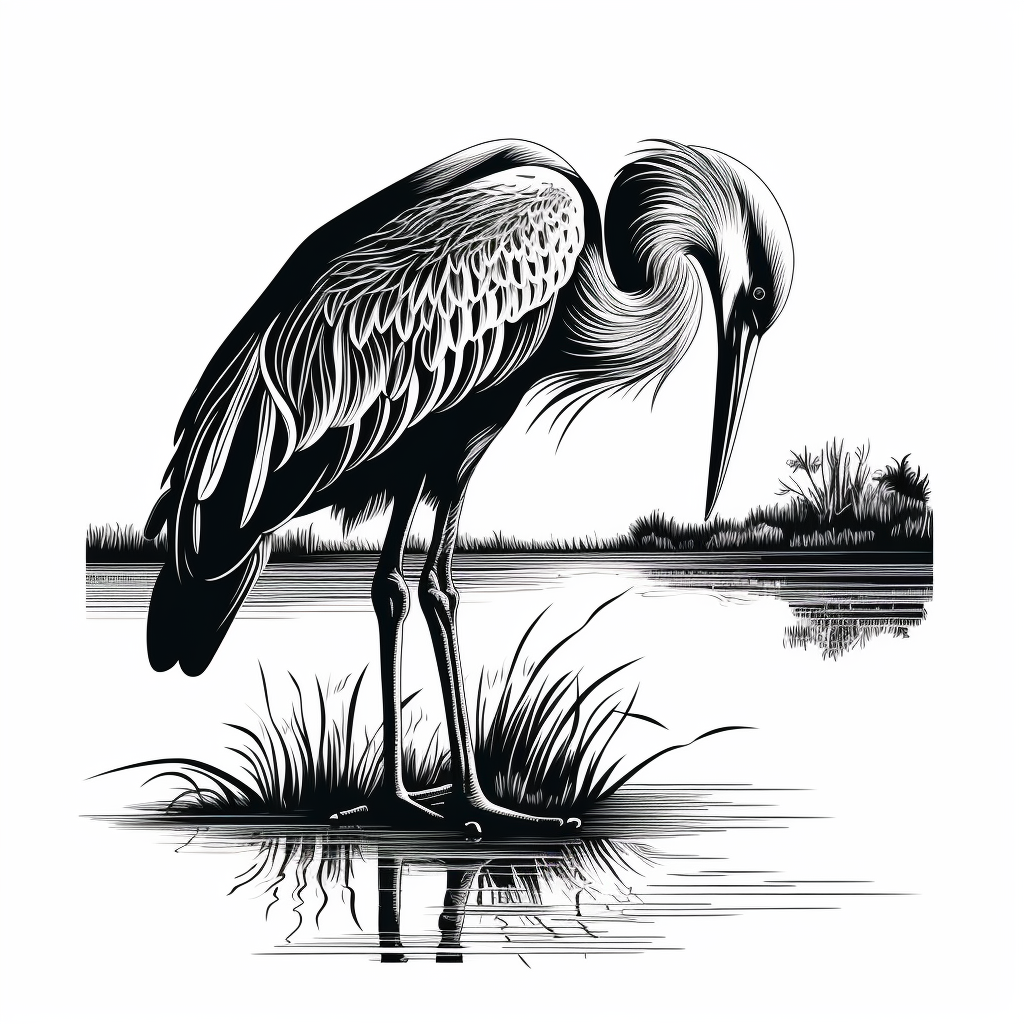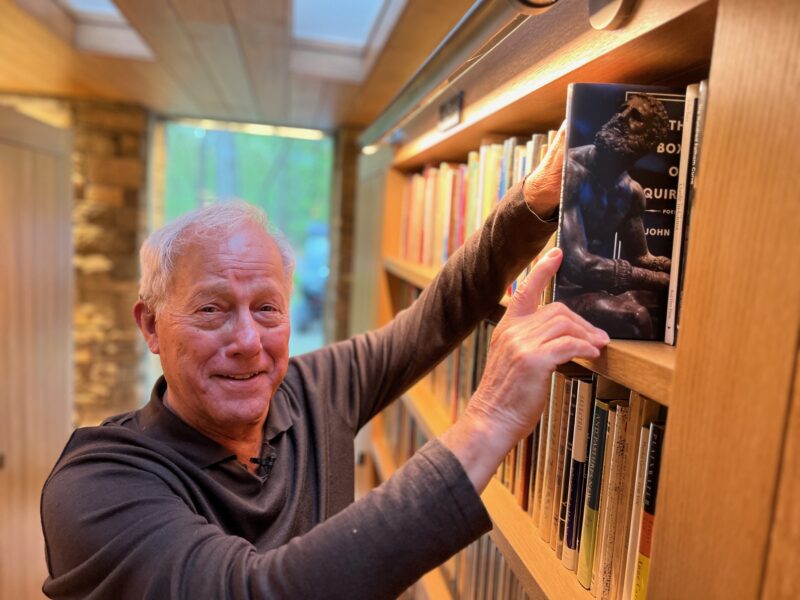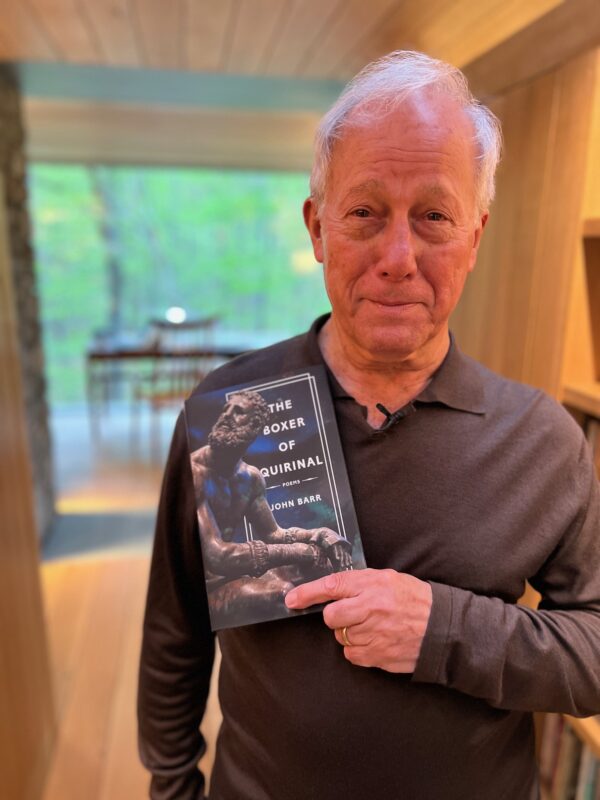It’s the stuff of bad dreams. It comes to us again with the second Titanic sinking. There is no such punishment in Dante’s Inferno, but it lives in other poems. And it goes to sea with every sailor.
The Wreck of the Thresher
By William Meredith
(Lost at Sea, April 10, 1963)
I stand on the ledge where rock runs into the river
As the night turns brackish with morning, and mourn the drowned.
Here the sea is diluted with river; I watch it slaver
Like a dog curing of rabies. Its ravening over,
Lickspittle ocean nuzzles the dry ground.
(But the dream that woke me was worse than the sea’s gray
Slip-slap; there are no such sounds by day.)
This crushing of people is something we live with.
Daily, by unaccountable whim
Or caught up in some harebrained scheme of death,
Tangled in cars, dropped from the sky, in flame,
Men and women break the pledge of breath:
And now under water, gone all jetsam and small
In the pressure of oceans collected, a squad of brave men in a hull.
(Why can’t our dreams be content with the terrible facts?
The only animal cursed with responsible sleep,
We trace disaster always to our own acts.
I met a monstrous self trapped in the black deep:
All these years, he smiled, I’ve drilled at sea
For this crush of water. Then he saved only me.)
We invest ships with life. Look at a harbor
At first light: with better grace than men
In their movements the vessels run to their labors
Working the fields that the tide has made green again;
Their beauty is womanly, they are named for ladies and queens,
Although by a wise superstition these are called
After fish, the finned boats, silent and submarine.
The crushing of any ship has always been held
In dread, like a house burned or a great tree felled.
I think of how sailors laugh, as if cold and wet
And dark and lost were their private, funny derision
And I can judge then what dark compression
Astonishes them now, their sunken faces set
Unsmiling, where the currents sluice to and fro
And without humor, somewhere northeast of here and below.
(Sea-brothers, I lower to you the ingenuity of dreams,
Strange lungs and bells to escape in; let me stay aboard last -
We amend our dreams in half-sleep. Then it seems
Easy to talk to the severe dead and explain the past.
Now they are saying, Do not be ashamed to stay alive,
You have dreamt nothing that we do not forgive.
And gentlier, Study something deeper than yourselves,
As, how the heart, when it turns diver, delves and saves.)
Whether we give assent to this or rage
Is a question of temperament and does not matter.
Some will has been done past our understanding,
Past our guilt surely, equal to our fears.
Dullards, we are set again to the cryptic blank page
Where the sea schools us with terrible water.
The noise of a boat breaking up and its men is in our ears.
The bottom here is too far down for our sounding;
The ocean was salt before we crawled to tears.
Source: Poetry Foundation.

